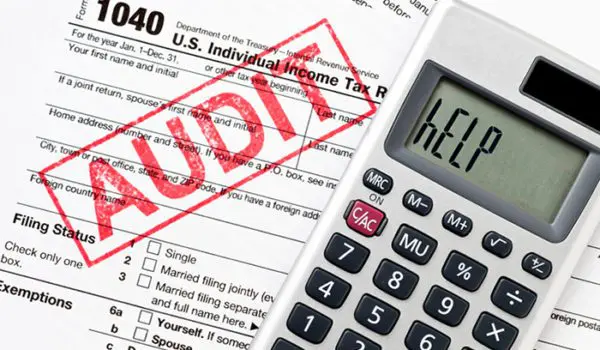Many businesses choose to conduct internal audits to evaluate compliance with environmental laws because such audits, when administered in a thorough and thoughtful manner, serve as a powerful risk management tool. Operating in noncompliance can not only result in environmental incidents and penalties but can also create employee safety concerns, operational interruptions, and potential negative publicity. Audits minimize these risks by preemptively identifying gaps in compliance management processes. If your business is considering conducting an internal environmental audit, consider these top five tips.
1. Determine the scope and the purpose of the audit.
Determining the scope and purpose of an environmental audit is critical to developing a successful audit program and is the foundation to audit program planning. A business will need to decide what limitations it will apply to conducting the audit. For example, the audit might focus on only certain locations or perhaps only certain operations subject to specific regulatory requirements.
2. Consider engaging outside experts when needed.
Simply put, the saying “you don’t know what you don’t know” applies to environmental audits. Hiring an external third party to conduct the audit will provide fresh, unbiased eyes over the operations and enable you to better identify environmental obligations that may have been overlooked by internal staff. Outside consultants who specialize in conducting such audits will bring valuable expertise to the table, while freeing up internal staff to compile the information needed for the audit and continue their normal job duties.
3. Involve outside legal counsel early and throughout the audit process.
An experienced environmental attorney can assist in mitigating risks associated with conducting an audit by providing valuable legal analysis and interpretations regarding complex environmental regulations. In addition, environmental audits, by their nature, generate documents that lend themselves to attorney-client communication protections. If left unprotected, information related to or obtained through an audit could provide the basis for enforcement actions or third-party lawsuits. However, attorney-client privilege protects communication between attorney and clients made in confidence for the purpose of obtaining legal advice or in anticipation of litigation. As such, having an attorney oversee and be directly involved with an audit can assist in protecting sensitive information.
4. Be prepared to address deficiencies found during the audit.
The bottom line is a business should not conduct an audit unless it plans to address the issues discovered by the audit. Documenting violations of environmental regulations and then doing nothing to address them could lead to additional civil or even criminal liability. Therefore, prior to beginning the audit process, management should agree that it will do what is needed to address any violations or deficiencies discovered.
5. Be aware of state and federal programs for self-reporting.
The U.S. Environmental Protection Agency as well as many states, including Ohio, have voluntary audit disclosure programs that provide incentives, such as significant penalty reductions, for regulated entities that voluntarily report and fix violations of environmental laws and regulations. However, the federal and state programs differ in their requirements, with each having their own specific criteria that must be met. Therefore, it is critical that a business work closely with an advisor who is knowledgeable about these programs prior to deciding to self-report.
Questions? Contact the author, Christina Wieg, or any attorney in Frost Brown Todd’s Environmental Practice Group.

